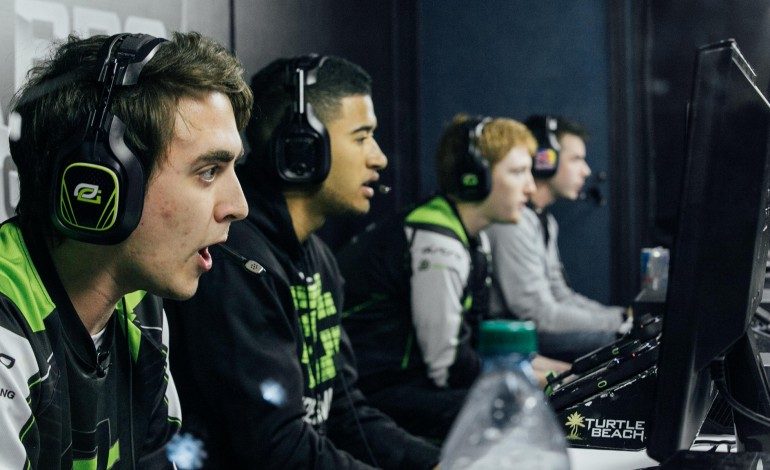

While most of the world was celebrating the new year last Friday, the stroke of midnight marked the witching hour for Major League Gaming. On January 1st, MLG announced that it had sold “substantially all” of its assets to Activision Blizzard for $46 million US.
Moreover, MLG Co-Founder and CEO Sundance DiGiovanni has stepped down from his role. He will be replaced by former CFO Greg Chisholm.
The news came as a shock to gamers and stockholders alike, but rumblings of MLG’s demise had occurred earlier in 2015. MLG told Fortune late last year that the company was in talks with other companies to be acquired, though they had not confirmed a buyer.
MLG’s relevance in the eSports industry waned in recent years, despite raising an additional $6 million in 2015. When DiGiovanni and Mike Sepso founded MLG in 2002, few companies offered the same kinds of game hosting services. MLG built its reputation over the years by holding tournaments for various competitive games like Counter-Strike and World of Warcraft, as well as by building the United States’ first eSports arena in Ohio in 2014. But as MLG faced roadbumps in its career path, like losing the hosting rights to Call of Duty’s World League Pro Division to the Electronic Sports League (ESL), the once-dominant company began to lose its grip on the world of eSports.
Fortune’s report on the acquisition quotes Peter Warman, CEO of research firm Newzoo, who summarizes MLG’s decline:
After MLG realized that eSports had not matured and structured itself yet to justify an NBA-type organization, they tried to build value in various directions […] Ultimately, they got stuck between the power of individual publishers and the global nature of eSports—two elements that set eSports apart from regular sports.
As for Activision Blizzard, the MLG acquisition grants them a significant advantage in promoting their own games around the world. Included in MLG’s assets are the MLG.tv live streaming platform, as well as frameworks for online and offline tournaments. These assets mesh well with Activision Blizzard’s recently-announced eSports division. Tencent, who invests in Activision Blizzard, will provide the company with a bridge by which they can promote their eSports brand in China.
On a related note, you can check out the earnings for various e-sports throughout 2015 by clicking this link. With Activision Blizzard’s acquisition of MLG, many gamers (including Forbes magazine) are speculating that we can expect to see a sizable leap in eSports funding for Blizzard games both at home and overseas.
Play games, take surveys and take advantage of special offers to help support mxdwn.
Every dollar helps keep the content you love coming every single day.
